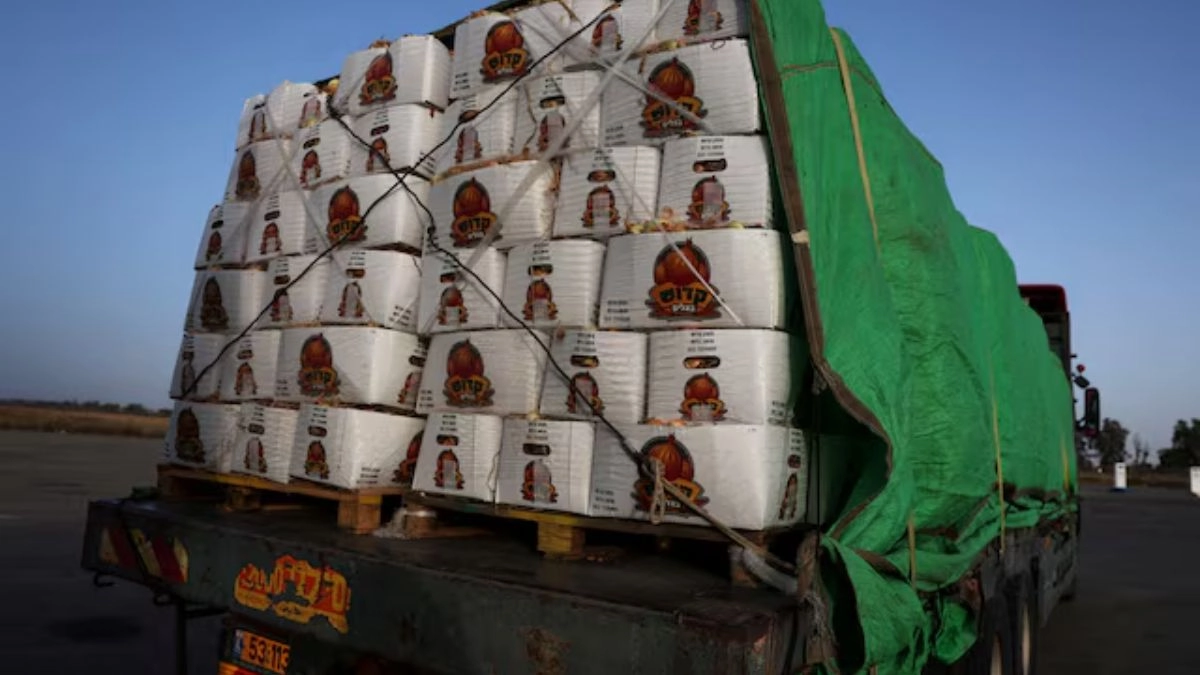- By Imran Zafar
- Wed, 19 Jun 2024 02:27 PM (IST)
- Source:JND
A United Nations warehouse in central Gaza was approached by a group of Palestinian men last week demanding access to aid. Unlike usual requests for food, fuel or medicine, this gang sought contraband cigarettes hidden in the humanitarian cargo, highlighting a significant new challenge to aid deliveries in the region. Cigarette smuggling, driven by exorbitant tobacco prices, is hampering the distribution of essential supplies in the besieged Gaza Strip.
According to UN and Israeli officials, aid trucks and storage depots have become prime targets for smugglers looking for illicit cigarettes stored hidden by accomplices. Other criminals are also attacking vehicles suspected of carrying hidden cigarettes as a single cigarette can fetch up to USD 25 in Gaza, making even a pack highly lucrative, a WSJ report stated.
Meanwhile, the closure of Gaza’s border crossing with Egypt has exacerbated wartime scarcity, causing prices for basic goods to skyrocket, with families forced to sell jewellery and possessions for food. Prices of vegetables, frozen meat, medication, petrol and cooking fuel have tripled or more since the onset of the conflict.
The escalation of Israel’s war with Hamas in October severely restricted goods flow into Gaza. The situation further deteriorated when Israel launched an offensive in Rafah, seizing a crucial border crossing with Egypt and targeting smuggling tunnels.
As a result of Israel’s brutal assault on Gaza, a kilo of frozen chicken thighs, rarely available, now costs USD 20, over ten times its prewar price. Cooking gas is USD 35 a kilo, up from USD 1.60, car batteries for charging phones and lamps sell for over USD 500 and a litre of petrol, if available sometimes, is USD 22.
ALSO READ: Nvidia Becomes World's Most Valuable Company, Surpasses Microsoft, Apple
The war has devastated Gaza’s economy, with 90 per cent unemployment by February and an 80 per cent drop in GDP, according to the Palestinian Central Bureau of Statistics. The conflict has exhausted middle-class savings and most Gazans now rely on scarce humanitarian aid.
With two-day queues at the few functioning ATMs, some families are leaving identification documents as security at shops, jeopardising their safety and future aid registration, according to the UN.

